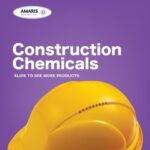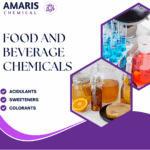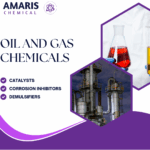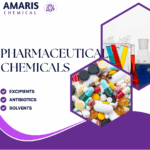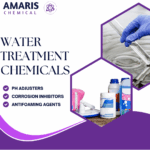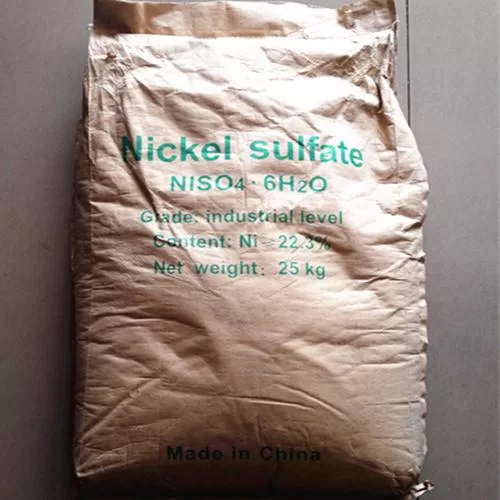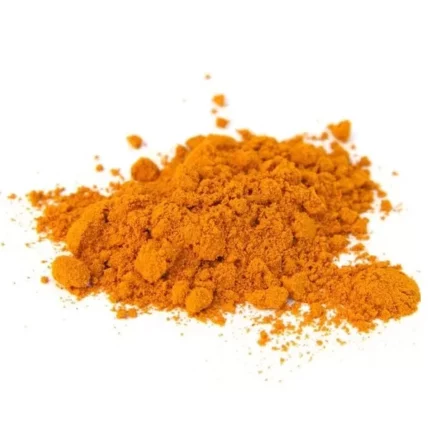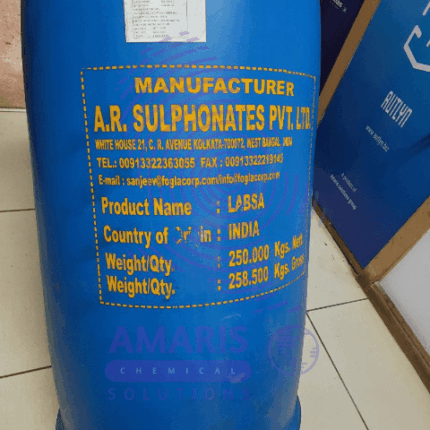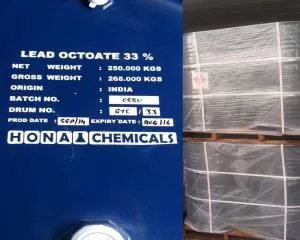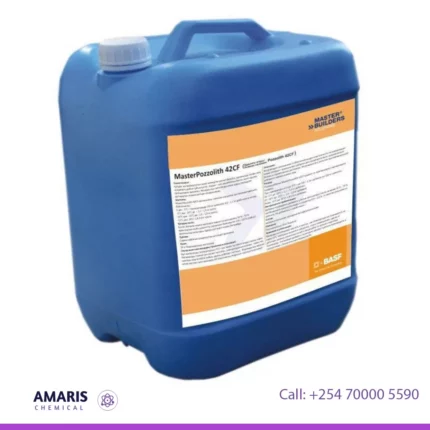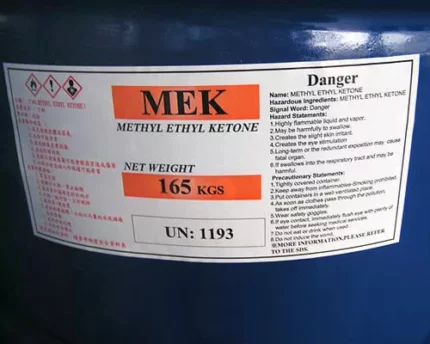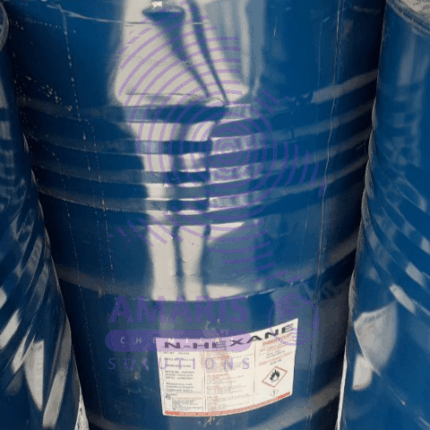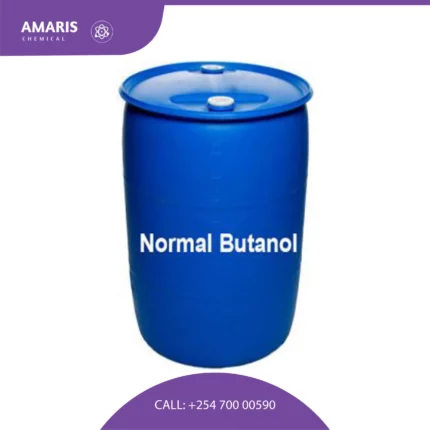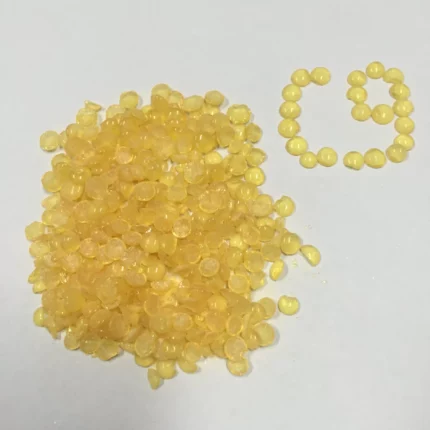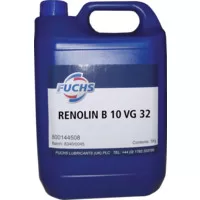“Long Oil (45/55)” has been added to your cart. View cart
Back to products
![Powder Sodium Mono Fluoro Phosphate [Na2PO3F]](https://amarischemicalsolutions.com/wp-content/uploads/2025/05/Powder-Sodium-Mono-Fluoro-Phosphate-amaris-chemical-solutions-jpg-430x430.webp)
![Powder Sodium Mono Fluoro Phosphate [Na2PO3F]](https://amarischemicalsolutions.com/wp-content/uploads/2025/05/Powder-Sodium-Mono-Fluoro-Phosphate-amaris-chemical-solutions-jpg-430x430.webp)
Powder Sodium Mono Fluoro Phosphate [Na2PO3F]
$6,700.00 Original price was: $6,700.00.$6,500.00Current price is: $6,500.00.
Nickel Sulphate [NiSO4(H2O)6]
$6,500.00 Original price was: $6,500.00.$6,400.00Current price is: $6,400.00.
Whatsapp Order
Nickel sulfate, also known as nickel(II) sulfate or just nickel sulfate, is a chemical compound with the formula NiSO₄. It is a crystalline solid that is highly soluble in water. Here are some key points about nickel sulfate:
- Chemical Formula: NiSO₄
- Appearance: Nickel sulfate usually appears as a green or blue crystalline solid, depending on its hydration state.
- Hydrates: It forms several hydrates, the most common being the hexahydrate (NiSO₄·6H₂O), which is blue in color.
- Solubility: It is highly soluble in water, which makes it easy to dissolve in aqueous solutions.
- Applications:
- Electroplating: Nickel sulfate is commonly used in electroplating to apply a layer of nickel onto metals.
- Catalysis: It serves as a catalyst in certain chemical reactions.
- Ink Manufacturing: It is used in the production of ink.
- Battery Manufacturing: Nickel sulfate is used in the production of rechargeable batteries, particularly nickel-cadmium batteries.
- Agriculture: It is sometimes used as a micronutrient in fertilizers for crops.
- Hazards: Nickel sulfate is toxic if ingested or inhaled in large amounts. Prolonged exposure can cause skin allergies or respiratory issues in sensitive individuals.
SKU:
ACS86872CHEM0
Category: OTHERS
Description
Nickel Sulphate
- Electroplating: One of the most significant uses of nickel sulfate is in electroplating. It is commonly used to electroplate nickel onto metal surfaces, providing corrosion resistance, improved wear resistance, and aesthetic appeal. Nickel-plated items include automotive parts, household goods, and industrial machinery components.
- Battery Manufacturing: Nickel sulfate is essential in the production of rechargeable batteries, particularly nickel-cadmium (Ni-Cd) and nickel-metal hydride (Ni-MH) batteries. It serves as a key component in the formulation of battery electrode materials, contributing to the battery’s performance and longevity.
- Catalysis: Nickel sulfate acts as a catalyst in various chemical reactions, particularly in organic synthesis and hydrogenation processes. It facilitates reactions by lowering activation energy, enhancing reaction rates, and improving selectivity in certain chemical transformations.
- Ink Manufacturing: In the printing industry, nickel sulfate is used in the formulation of specialty inks, such as those used in gravure and flexographic printing processes. These inks often require specific chemical properties and adhesion characteristics that nickel sulfate helps achieve.
- Agricultural Applications: Nickel is an essential micronutrient for plant growth. Nickel sulfate is used in agriculture as a fertilizer additive to address nickel deficiencies in soils, particularly in regions where the natural nickel content is insufficient for optimal crop growth. Nickel plays a crucial role in the metabolism of certain plants, contributing to their overall health and productivity.
Related products
Labsa (Ufacid) 90% 250 kg Drum
LABSA stands for Linear Alkyl Benzene Sulfonic Acid, which is an anionic surfactant commonly used in the production of detergents and other cleaning products. It is produced by sulfonating linear alkyl benzene (LAB), which is derived from crude oil or kerosene. LABSA is a brown viscous liquid with a strong odor and is highly soluble in water. It is a versatile surfactant that has excellent foaming and cleaning properties and is widely used in various industries, including household cleaning, personal care, and textile processing.
Lead Octoate 30% 250 kg Drum
Master pozzolith
Methyl Ethyl Ketone (MEK) 165kg
Methyl ethyl ketone (MEK) is a colorless, flammable liquid organic compound with the chemical formula C4H8O. It is a ketone, which means it contains a carbonyl group (C=O) bonded to two carbon atoms. MEK has a sweet, pungent odor and is commonly used as a solvent in various industrial applications such as coatings, adhesives, and printing inks. It can also be used as a chemical intermediate in the production of other chemicals. MEK is highly volatile and can pose health hazards if not handled properly.
N Hexane 136 kg Drum
n-Hexane is a straight-chain alkane with the chemical formula C6H14. It is a colorless, flammable liquid with a slight odor that is commonly used as a solvent and as a raw material in the production of gasoline. In its pure form, n-hexane is highly volatile and can be easily ignited, so it is important to handle it with care.
Normal Butanol 165 kg
Normal butanol, also known as n-butanol or 1-butanol, is a four-carbon alcohol that is commonly used as a solvent, chemical intermediate, and fuel. Its chemical formula is C4H10O, and it is an isomer of other butanols, including isobutanol, sec-butanol, and tert-butanol. The term "normal" in the name refers to the fact that the butyl group (C4H9) is attached to the primary carbon atom (the one with only one other carbon atom attached to it) of the alcohol functional group.
Petroleum Resin C9 Hydrocarbon 25 kg Bag
Petroleum resin C9 hydrocarbon, also known as C9 hydrocarbon resin or simply C9 resin, is a type of thermoplastic resin that is derived from the distillation of petroleum products. It is composed primarily of aliphatic and aromatic hydrocarbons, and is typically produced by the polymerization of C9 fraction of petroleum, which is obtained by the distillation of crude oil.
C9 hydrocarbon resin is a highly versatile material that finds use in a wide range of industrial applications, including adhesives, coatings, printing inks, rubber compounding, and more. It is valued for its excellent solubility, compatibility with other resins, and ability to enhance the properties of other materials, such as adhesion, tack, and flexibility.
In summary, petroleum resin C9 hydrocarbon is a type of polymer derived from petroleum that is widely used in various industries for its unique properties and compatibility with other materials


 Emollients
Emollients Humectants
Humectants UV Filters
UV Filters Surfactants (cosmetic)
Surfactants (cosmetic) Preservatives (cosmetic)
Preservatives (cosmetic) Fragrances and Essential Oils
Fragrances and Essential Oils Antioxidants (cosmetics)
Antioxidants (cosmetics)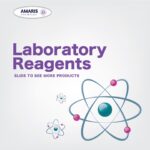
 LABORATORY EQUIPMENT & APPARATUS
LABORATORY EQUIPMENT & APPARATUS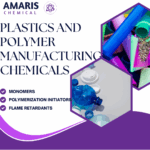

 Fertilizers
Fertilizers Plant Growth Regulators
Plant Growth Regulators Soil Conditioners
Soil Conditioners Animal Feed Additives
Animal Feed Additives Biostimulants
Biostimulants Dough Conditioners
Dough Conditioners Flour Treatments
Flour Treatments Fat Replacers
Fat Replacers Preservatives (baking)
Preservatives (baking)
 Surfactants (cleaning)
Surfactants (cleaning) Builders
Builders Bleaching Agents
Bleaching Agents Enzymes
Enzymes Solvents (cleaning)
Solvents (cleaning) Fragrances
Fragrances